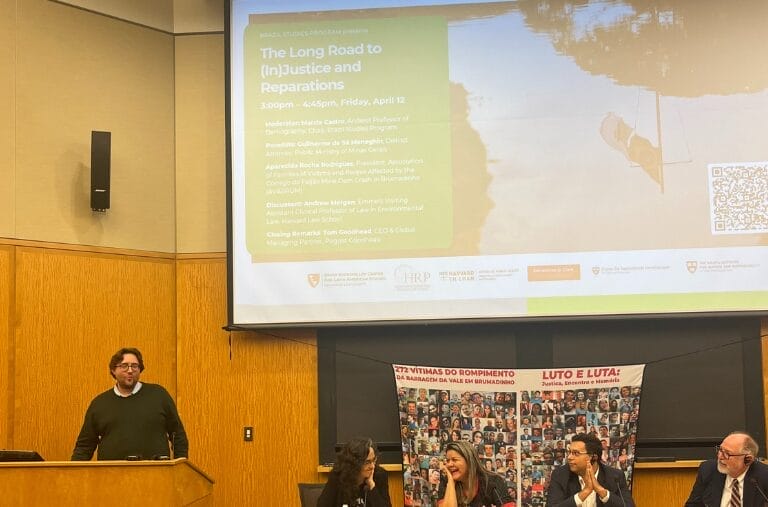This week, Tom Goodhead, CEO and Global Managing Partner at Pogust Goodhead wrote exclusively in The Lawyer about the Post Office scandal, the role of group litigation in stopping multinational corporations from evading liability and how the system can be improved.
The Post Office scandal
“Politicians failed the sub-postmasters. Much of the media failed sub-postmasters, largely ignoring the scandal until its dramatisation by ITV. In fact, the plight of sub-postmasters was only truly acknowledged when their case against the Post Office was launched as a group litigation. As Mr Bates noted later in the show: “We established the truth in a Court of law”.
Yet it is the legal profession that seems to have faced the real criticism throughout the recent reporting of the Post Office Horizon Scandal. Critics seem focused not only those representing the Post Office, but equally on Mr Bates’ lawyers for their exorbitant legal fees.”
In The Lawyer, Tom Goodhead said the system needs to be made simpler, cheaper and faster.
“Naysayers, funded by big businesses, nevertheless continue to claim that group litigation is wasteful and harms ordinary people. I hope The Post Office Group Litigation serves as a reminder that it is this aspect of the law that stepped in where others failed to acknowledge the injustice.”
Seeking justice through group litigation
Alongside the Post Office Group Litigation, Tom discussed other matters resolved because of group litigation. In 2021, over 600 bereaved family members and survivors of the Hillsborough Disaster received compensation after decades of fighting.
He also spoke about Pogust Goodhead’s Mariana dam disaster case, in which we are representing nearly 700,000 Brazilian claimants against BHP, the world’s largest mining company.
Like the Post Office Group Litigation, that case is only possible because of a combination of collective redress mechanisms and litigation funding. Without them, the people of Brazil would unlikely see true justice for what is known as the worst environmental disaster in the country’s history.









